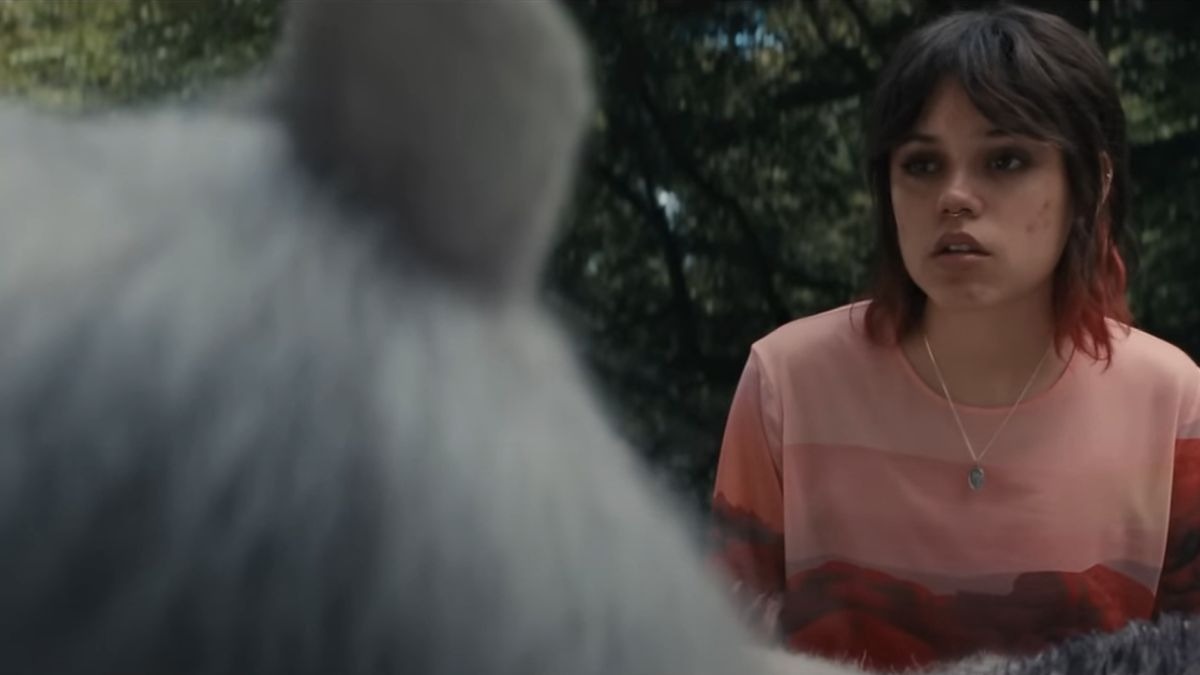
Unicorns and Cinematic Misfires: The Lessons from 'Death of a Unicorn'
In a film world where high expectations inevitably lead to disappointment, Death of a Unicorn has crystallized this dilemma beautifully—or rather, painfully. As audiences flock to cinemas, eager for whimsical tales and quirky humor, this endeavor collapses under the weight of its own absurdity, suggesting that sometimes, a unicorn’s death is more symbolic than literal. Not only does the hype misfire, but so too does the tone, leaving many viewers wondering how such a promising premise turned into an exercise in mediocrity.
The Trouble with Tone: A Disjointed Approach
Writing and directing a film like Death of a Unicorn requires a careful balance. Unfortunately, director Alex Scharfman seems to have mishandled the artistic vision. The film balances a bizarre mix of humor and pseudo-serious social commentary, highlighting the greed of pharmaceutical companies, yet it fails to strike a note that resonates. Viewers are left with a hollow experience, questioning the entire journey as they traverse through tedious scenes that lack both substance and sparkle.
What Went Wrong? Analyzing the Components
By featuring a cast led by the undeniably charismatic Paul Rudd, the expectation was for comedy and light-hearted charm to elevate the material. Instead, the film falls flat, much like its bizarre premise where corporate greed meets magical realism. The characters seem to lack depth, with Rudd’s character, a corporate lawyer, existing merely to serve as a vessel for this ill-fated thematic exploration. With a daughter played by Jenna Ortega who battles more with ennui than choice dialogue, viewers question why we should care about their plight.
Defining Moments of Brightness
Will Poulter’s exceptional performance injects some life into the otherwise monochrome narrative. His ability to deliver humor amidst an otherwise lackluster ensemble proves that even in the direst situations, good comedic timing can salvage a scene. However, the favorable moments are too few and far between, and many sentiments echo throughout reviews: the film could have been a compelling satire rather than a regrettable tangle of half-baked ideas.
Audiences Today: Yearning for Connection
For homeowners, young families, and professionals in Omaha seeking entertainment, Death of a Unicorn serves as a case study on expectation versus reality in the cinematic experience. As local audiences embrace smart home technologies and seek modern living solutions, a film that fails to connect with its viewers is not merely an artistic failure—it reflects our collective desire for relatable content that resonates with our lived experiences. Viewers want to laugh, to empathize, and to feel joy; this film, however, squanders those opportunities.
A Call for Greater Creativity
While films like Death of a Unicorn pepper the cinematic landscape, they also serve as a reminder of the importance of genuine storytelling. Aspiring filmmakers and established creatives alike would do well to remember that the audience craves innovation coupled with relatable themes. As Omaha residents stream movies and invest their time in stories, the expectation is simple: a connection that transcends the screen, bridges imagination, and evokes emotion.
Moving Forward: What’s Next for Smart Home Entertainment?
In a world where technology and storytelling intersect, homeowners and renters in Omaha may seek engaging narratives to pair with their smart home setups. With the rise of streaming households, films that deliver both whimsy and intention will attract viewers seeking better content choices. As we reflect on Death of a Unicorn, it’s vital for filmmakers to embrace creativity and draw inspiration from the bumps of failure. Audiences deserve enchanting experiences that reflect their values and entertain their sense of wonder, be it through tales of unicorns or the everyday magic in modern living.
 Add Row
Add Row  Add
Add 




Write A Comment